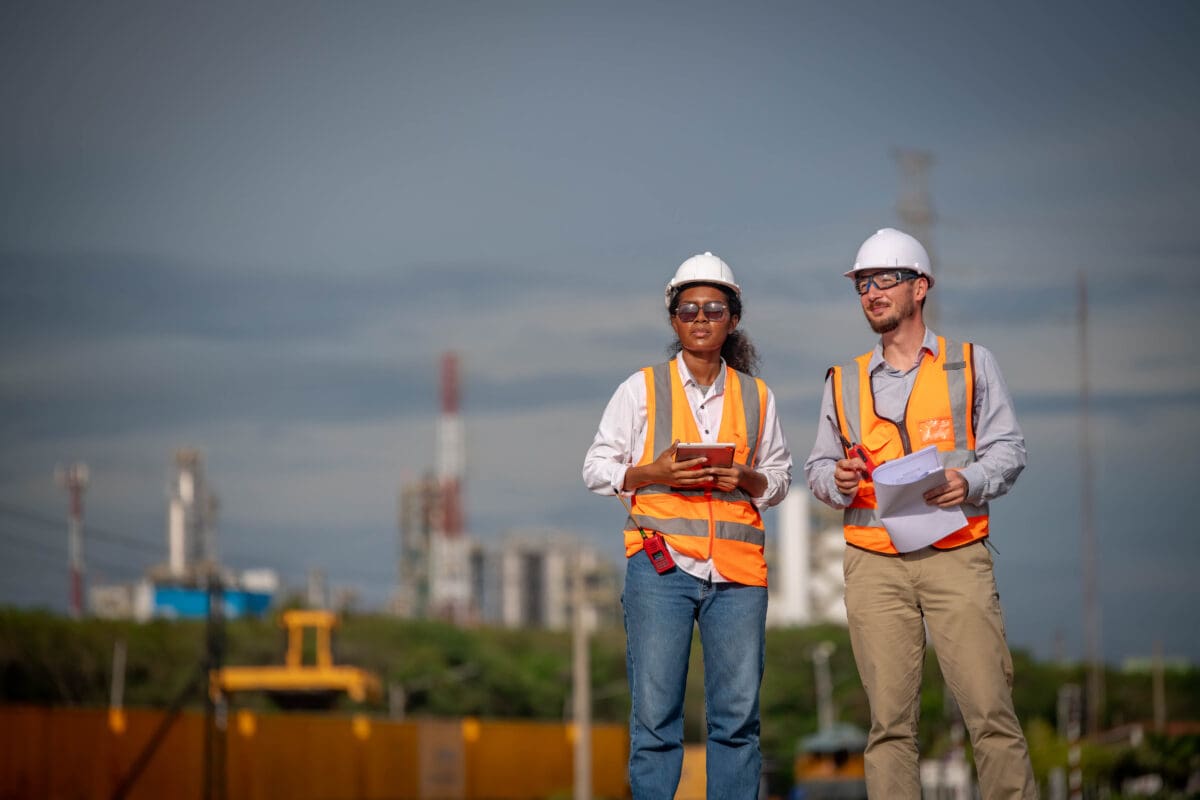
Unity Environmental University Launches Innovative Environmental Engineering Programs
New programs combine real-world problem-solving and forward-thinking sustainability solutions to prepare the next generation of environmental leaders
Unity Environmental University is excited to introduce its newest suite of environmental engineering programs: Bachelor of Science in Environmental Engineering and Bachelor of Science in Environmental Process Engineering.
These offerings were created with a deliberate focus on bridging equity gaps in environmental health, especially since underrepresented populations often bear a disproportionate share of pollution’s impact while having limited opportunities to influence related policies. Moreover, Black, Hispanic, and Native American populations remain underrepresented in environmental engineering at the national level, highlighting a critical need for more inclusive pathways into the field. By emphasizing affordability, flexibility, and accessibility, Unity aims to ensure that students from all backgrounds are equipped to drive transformative solutions for the planet.

“These state-of-the-art programs, designed with unmatched accessibility and flexibility, fill a vital gap in environmental engineering,” said President Dr. Melik Peter Khoury. “By prioritizing cost-effective, adaptable, and inclusive education models, we’re able to help dismantle the barriers that have long sidelined too many potential innovators, particularly those in marginalized groups from STEM opportunities. Widening that pathway is key to cultivating a more diverse, robust workforce capable of shaping a healthier, more sustainable future for everyone.”
Unity’s environmental engineering programs offer a unique blend of theoretical knowledge and practical application. The curriculum provides students with a comprehensive understanding of environmental systems while emphasizing application of that knowledge to authentic engineering problems.
“Our environmental engineering programs are distinctive in their focus on real-world problem-solving and sustainability,” said Executive Vice President of Distance Education, Dr. Jennifer Cartier. “We believe that by combining rigorous academic coursework with practical, experiential learning opportunities, we are preparing our graduates to be leaders in the field.”
Expert Insights:
Mr. Dan Goettel, a Senior Professional with Antea Group and formerly a Senior Engineer with WSP, is one of the subject matter experts who helped with programming design. He brings nine years of wide-ranging consulting engineering experience in environmental pollution remediation. He has a current focus on sub-slab depressurization systems and holds an MS in Environmental Engineering from the University of Maine.

“Environmental engineers are critical now and will only become more so in the future. We provide water and wastewater treatment and clean up pollution, allowing people to live safe and healthy lives,” said Goettel. “These goals will only become more critical in the future, as the population grows and we adapt to climate change-related challenges such as migration. Environmental engineers will be the difference between life and death for many people.”
Goettel also highlighted what sets Unity’s programs apart:
“Unity takes an innovative approach to education … Other programs may have been around for a longer time, but may not have adapted and updated their curriculum to the more modern challenges. Our curriculum is geared to use the latest technologies and trends in the industry, with the future in mind. At the same time, there is a heavy emphasis on the skills to be successful in an entry-level job, which will launch a longer career that will allow our students to shape the future of the field.”
Unity’s newest programs balance a robust academic foundation with real-world applicability. Students tackle actual environmental problems, and analyze case studies like the Flint Michigan Water Crisis.
Program Details

- The Bachelor of Science in Environmental Engineering focuses on developing sustainable solutions for pressing environmental challenges. Students will gain expertise in areas like pollution remediation and sustainable urban development.
- The Bachelor of Science in Environmental Process Engineering equips students with the skills and knowledge necessary to address the environmental challenges faced by modern industrial processes. Graduates will be prepared for careers in designing, optimizing, and managing processes in industries that prioritize environmental sustainability.
Unity’s environmental engineering programs offer a flexible learning format, allowing students to balance their academic pursuits with personal and professional commitments. The university’s commitment to affordability and accessibility ensures that a high-quality environmental engineering education is within reach for a diverse student body.
For more information about Unity Environmental University’s environmental engineering programs, please visit Unity.edu.



